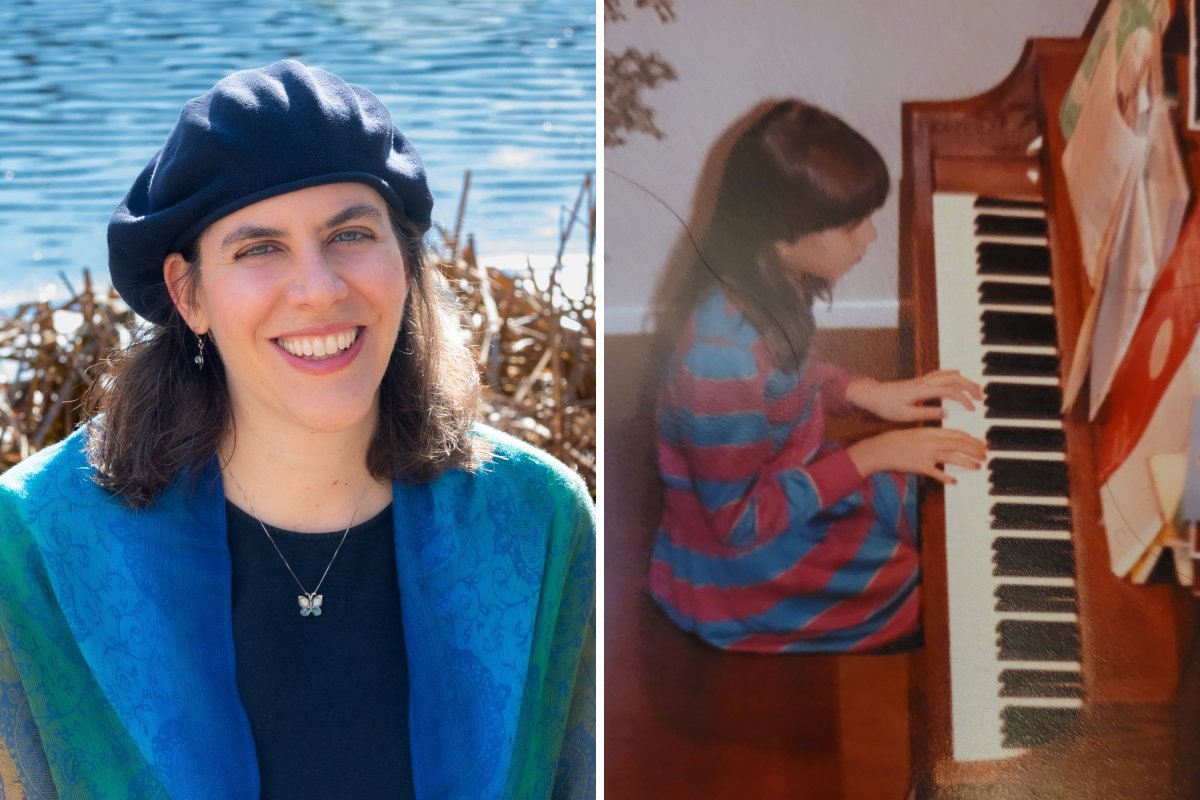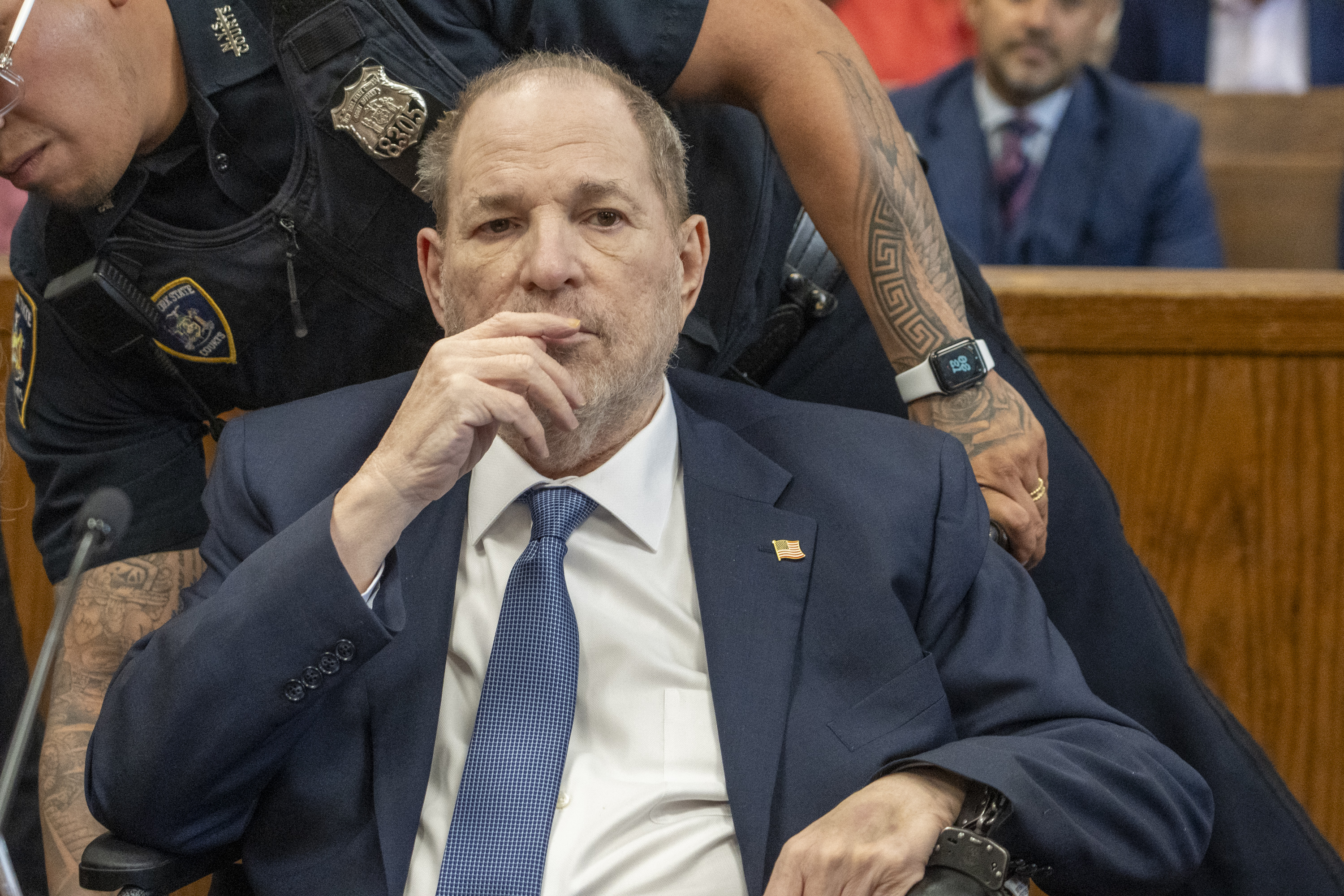I never wanted to talk about antisemitism. Growing up, I resented when they showed us Holocaust movies in Hebrew School. I simply wanted to practice my religion with joy.
This is America, I would say. The Holocaust happened a long time ago, far away from here. So did all of the other pogroms, expulsions and crusades. Antisemitism is over.
That was the 1980s. My parents instilled in me a deep patriotism for America. I had a diverse group of friends. We celebrated on July 4 with sparklers, fireflies, and flags under a starry sky. In school, we sang "United We Stand." I felt grateful that all people, no matter their color or religion, can have a place here.
I learned later that not everyone felt that way, but as a child, I believed it. I still want it to be that way, for everyone.

Honestly, I don't want to talk about antisemitism. In college in the early 1990s, I discussed this with a friend. "In every generation, they come for us," he said, summarizing from the Passover Haggadah.
"I don't see anyone coming for us right now," I retorted.
Unfortunately, right now Jewish college students do not have the luxury of philosophical argument. They have had to shelter in libraries and their dorms while–unimaginably–fellow students called for their deaths.
I don't want to talk about antisemitism. I want to talk about Jewish tradition, which teaches we're here to make the world a better place. It's why Jewish people have been at the forefront of so many social justice causes: Fighting for better working conditions after the Triangle Shirtwaist Fire in 1911, marching and speaking publicly for civil rights in the 1960s, standing up for women's rights in the 1970s, and providing legal services to fight against the "Muslim Ban" in the last decade. Personally, I've focused on protecting the environment and empowering women to grow into their dreams.
Five years ago, in October 2018, 11 Jews were murdered attending Sabbath services at the Tree of Life Synagogue in Pittsburgh. Trying to be prepared, my synagogue practiced lockdown drills. I attended a "Stop the Bleed" training to learn how to use a tourniquet, in case, God forbid, I was the first person to reach someone who was bleeding out. I keep a first responder kit in my car.
I don't want to talk about antisemitism. But in the last five years, I've seen swastikas in the subway parking lot and on bus shelters near my neighborhood. In 2022, the Anti-Defamation League tabulated 3,697 antisemitic incidents throughout the United States; a 36 percent increase from 2021; the most since tracking began in 1979. Of the 111 assaults, 53 percent were against people who, like me, were visibly Orthodox Jews.
On October 7, I went to my American synagogue to celebrate the end of a holiday cycle marking the beginning of the Jewish new year, and to recite a memorial prayer called yizkor for my mother.
Early that morning, terrorists came into Israel, where my son is studying for the year. They murdered people enjoying a holiday music festival. They killed entire innocent families in their homes.
As I write, more than 1,400 have been found dead. More than 200, including children, women, and the elderly, are still being held hostage. Forty people are still unaccounted for.
And as I write this, my son is in a stairwell, sheltering from rockets meant to destroy and kill, when all he wanted was to study Jewish texts in a holy place in peace.
When bad things happen, Jewish tradition teaches us to assess where we can improve. Traditional responses include committing to avoid gossip, or increasing kindness to others. By turning tragedy into an opportunity for learning, we create a sense of control in situations without any.
But this can also easily turn into victim blaming and to seeking "context."
Almost 2,000 years ago, the ancient Roman army besieged Jerusalem, broke through its walls, destroyed our Holy Temple, murdered many of our people, and forced the rest to leave in chains. Later, our rabbis said it was because we weren't nice enough to each other.
My husband's grandfather, a Jewish educator in Egypt, was imprisoned for months during Egypt's war with Israel in 1956. But he did not hold it against his Muslim neighbors. All his life, he believed in people's goodness.
To me too, it's fundamental to believe in the good and protect the innocent, regardless of who and where they are. My heart has been broken this past month by every loss of innocent life.
As an American Jew, I don't vote in Israeli elections. I don't choose how to respond to attacks that kill more than a thousand Jews in a day. I also don't know what it's like to live in a place where rockets are fired at me.
Israel is not a theoretical concept for the Jewish people; it's an existential necessity. There was no State of Israel when two-thirds of all Jews in Europe were murdered less than a century ago. There was nowhere to run.
During the last few weeks, antisemitism has seen a dramatic increase in the United States and around the world. Many Jewish people I know are afraid because so few of their non-Jewish friends have publicly stated they stand against antisemitism and would protect us from harm.
And because so many institutions have been quick to call for a ceasefire that would allow terrorists to rebuild their arsenal, while not even calling for innocent hostages to be freed.
We watched Holocaust movies in Hebrew School, and this feels a little too much like history repeating.
I don't want to talk about antisemitism. I want to live my life and bring goodness into the world. But in the past, when antisemitism was on the rise, no one talked about it until it was too late.
So I need to speak up and ask you to speak up against antisemitism, too.
Evonne Marzouk is an inspirational speaker and adult educator, and author of the inspirational Jewish novel "The Prophetess," available on Amazon.
All views expressed in this article are the author's own.
Do you have a unique experience or personal story to share? Email the My Turn team at myturn@newsweek.com.
Uncommon Knowledge
Newsweek is committed to challenging conventional wisdom and finding connections in the search for common ground.
Newsweek is committed to challenging conventional wisdom and finding connections in the search for common ground.
About the writer
Evonne Marzouk is an inspirational speaker and adult educator, and author of the inspirational Jewish novel "The Prophetess," available on ... Read more
To read how Newsweek uses AI as a newsroom tool, Click here.








